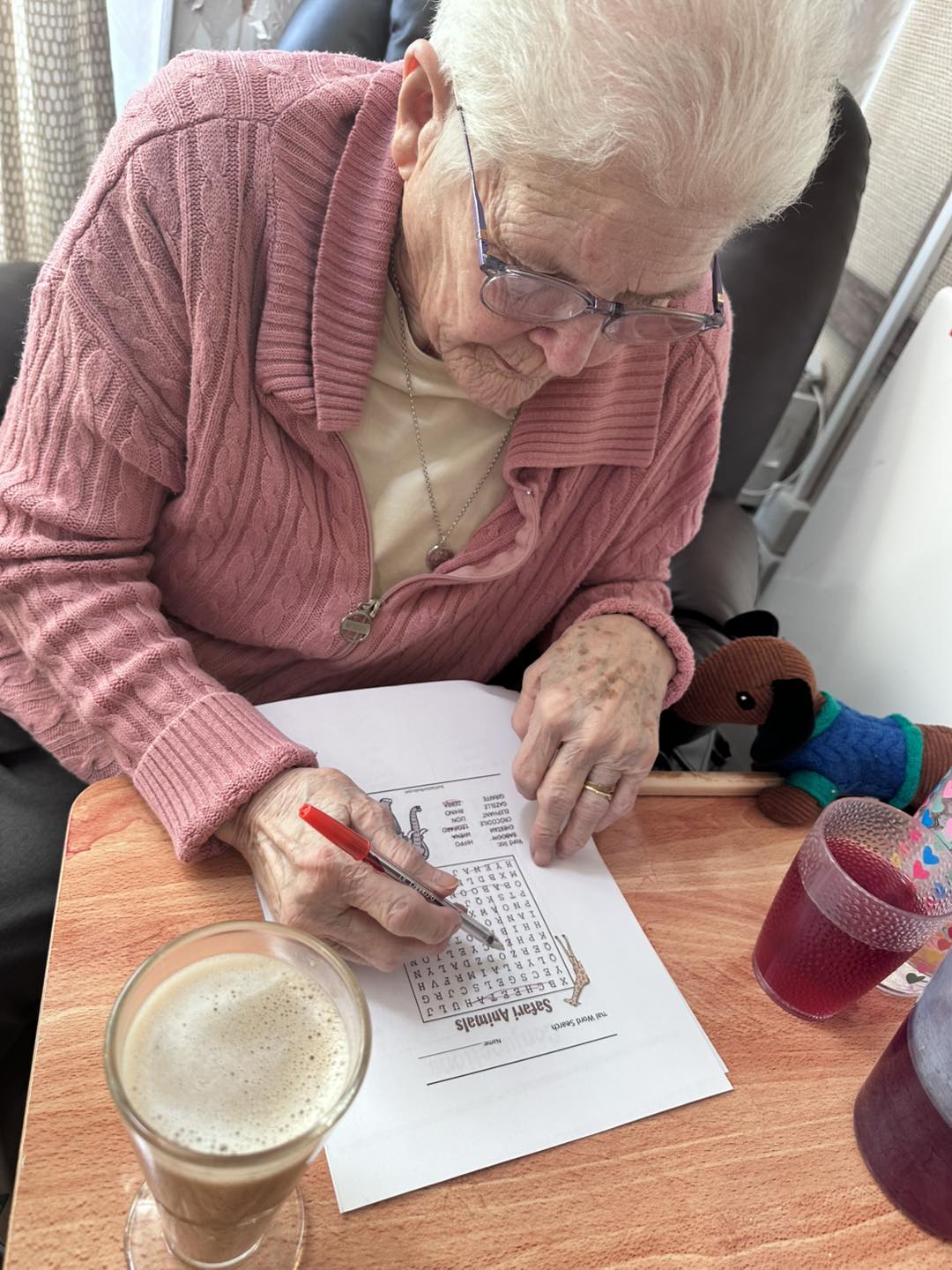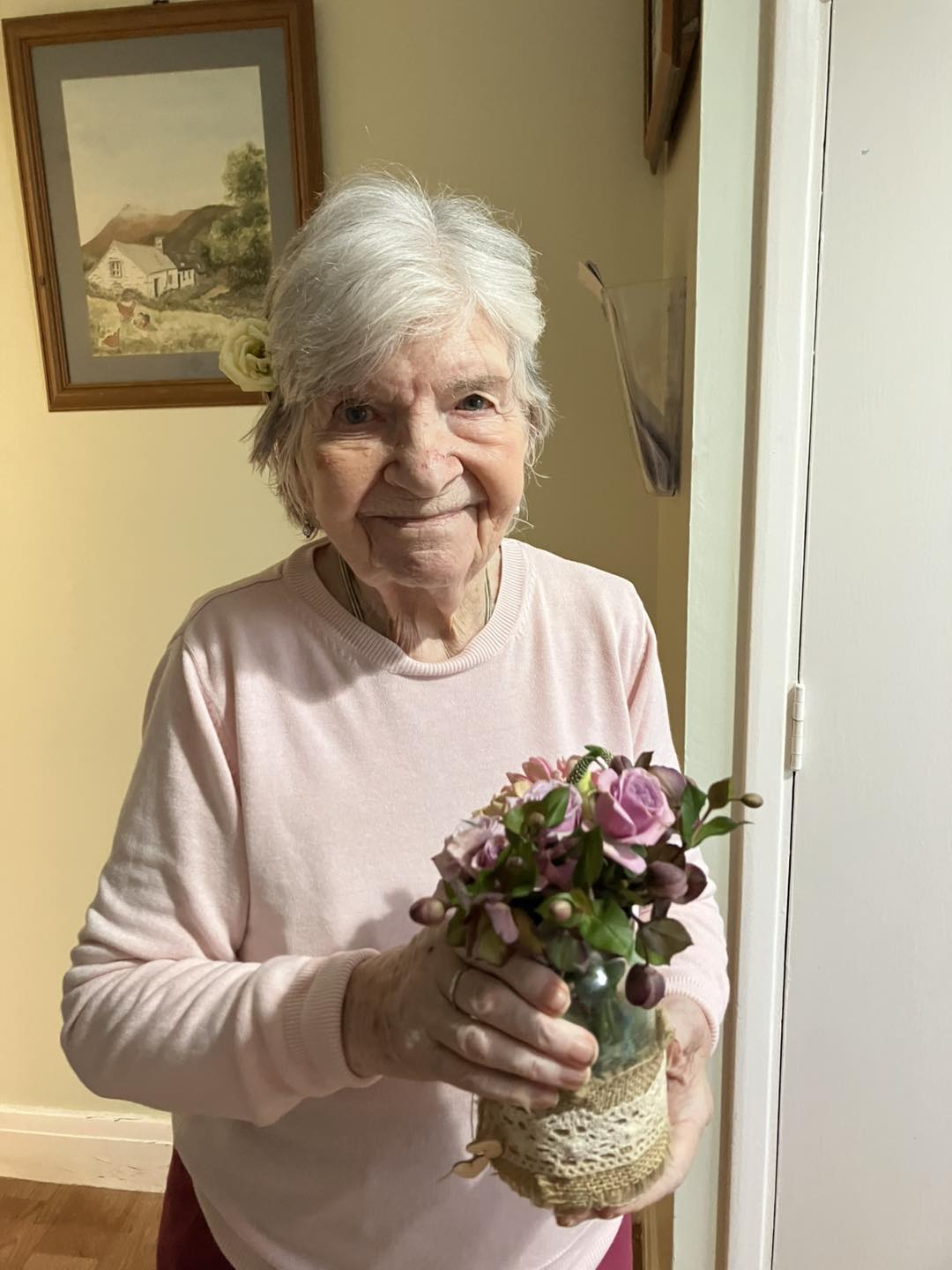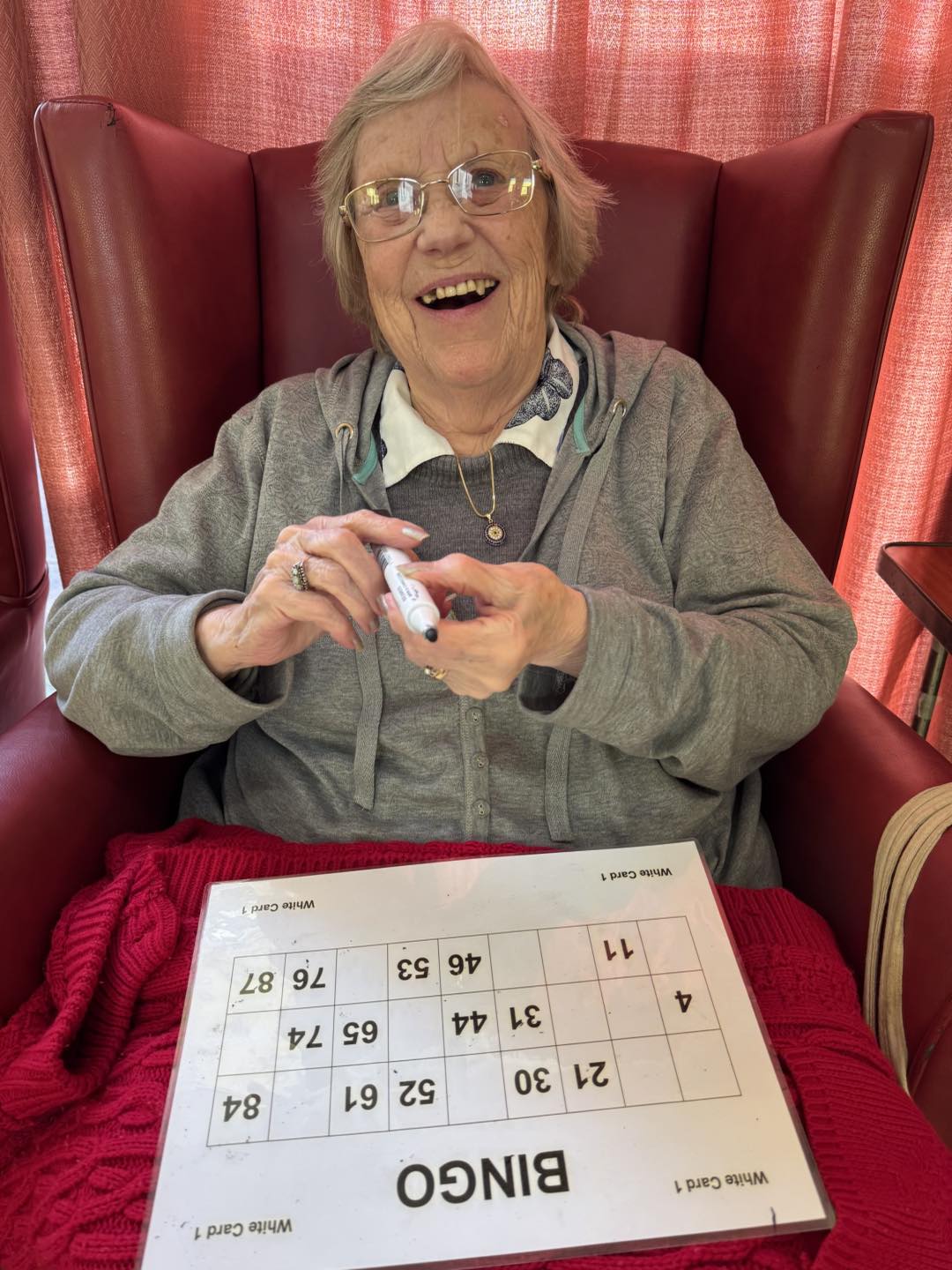In the age of the telegram, making decisions about dementia care might’ve seemed simpler, but today, you’re faced with a plethora of choices, each with its own set of considerations.
You’ve probably wondered if nursing homes are the right environment for someone with dementia. They offer specialised care and round-the-clock support, yet there’s a debate about whether they truly meet the unique needs of patients.
As you ponder this decision, it’s important to weigh the benefits against the potential drawbacks and compare alternatives to make sure you’re making the best choice for your loved one.
What factors should you consider?
Key Takeaways
– Nursing homes offer specialised dementia care and a safe environment, enhancing quality of life.
– High staff turnover and resident-to-caregiver ratios may hinder personalised attention.
– Alternatives like home care or assisted living can provide more personalised settings and prevent social isolation.
– Family involvement and tailored care plans are crucial in all care settings to ensure the dignity and happiness of dementia patients.
Understanding Dementia Care Needs
To fully support someone with dementia, it’s important to grasp the unique and evolving care needs they face daily. As dementia progresses, these needs become more complex, requiring a deep understanding and patience from you as a caregiver. Initially, you might notice subtle changes in memory or mood, but as the condition advances, the person you’re caring for may require assistance with basic activities of daily living, such as eating, dressing, and personal hygiene.
Understanding dementia progression is important. It’s not just about memory loss; it involves a gradual decline in cognitive functions, affecting behaviour, emotional control, and physical abilities. This knowledge is significant for you to adapt your caregiving approach to meet their changing needs effectively.
Caregiver support is equally important. Taking care of someone with dementia can be emotionally and physically taxing. It’s necessary to seek support, whether through caregiver support groups, professional counselling, or respite care services. Remember, looking after your well-being enables you to provide the best care for your loved one, ensuring they live as comfortably and dignifiedly as possible throughout their dementia journey.
Benefits of Nursing Home Care
Considering the complex care needs of individuals with dementia, nursing homes can offer specialised support that guarantees their safety and enhances their quality of life. When you’re manoeuvring the challenging journey of dementia with a loved one, knowing they’re in a place where their unique needs are understood and met can bring immense peace of mind.
Nursing homes are equipped with a favourable patient-staff ratio, ensuring that your loved one receives the attentive care they deserve. This means more hands-on assistance, meticulous monitoring, and a personalised approach to managing their symptoms and behaviours. It’s about providing a safe, nurturing environment where they can thrive, not just survive.
Moreover, staff in these facilities undergo specialised training focused on dementia care. This education equips them to handle the intricacies of dementia with compassion and expertise. They’re trained to communicate effectively, manage challenging behaviours without escalating situations, and use therapeutic activities to engage residents mentally and physically.
Choosing a nursing home for a family member with dementia isn’t about relinquishing care. It’s about partnering with a team that has the resources, knowledge, and commitment to offer the best possible quality of life for your loved one.
Potential Drawbacks
While nursing homes offer specialised support for dementia patients, it’s also important to recognize the potential drawbacks that can impact the well-being of your loved one. The shift to a nursing home is a significant change, and while the intention is to provide better care, there are aspects you should be aware of:
– Social isolation: Despite being surrounded by caregivers and other residents, your loved one might feel isolated. The structured environment of a nursing home can limit opportunities for meaningful social interactions, which are essential for the emotional health of dementia patients.
– Staff turnover: High staff turnover in nursing homes can disrupt the continuity of care. Building a trusting relationship between your loved one and their caregivers is essential for effective care. Frequent changes in staff can lead to feelings of insecurity and distress for your loved one.
– Personalised care challenges: While staff are trained to support dementia patients, the high resident-to-caregiver ratio can make it difficult to provide personalised attention. Your loved one’s unique needs and preferences mightn’t always be met with the thoroughness they deserve.
Understanding these drawbacks helps you make an informed decision, ensuring the choice you make is the best for your loved one’s needs and happiness.
Comparing Alternatives
Exploring alternatives to nursing homes offers you a chance to find the most comfortable and supportive environment for your loved one’s unique needs in their journey with dementia. It’s crucial to explore options that prioritise their well-being, familiarity, and comfort.
Home care, for instance, allows your loved one to stay in a familiar setting, which can be incredibly beneficial for their cognitive health. Making necessary home adjustments guarantees their safety and supports their daily routines, fostering a sense of normalcy and independence.
Assisted living facilities are another alternative, offering a balance between independent living and the need for more hands-on care. These environments are designed with safety and accessibility in mind, but also provide opportunities for social interaction, which is crucial for mental health.
Adult day care centres are a unique option that supports daily routines by providing structured activities in a safe environment. This setup not only stimulates your loved one mentally and physically but also gives you the respite you need.
Each alternative has its merits, focusing on preserving the dignity, independence, and quality of life of your loved one. It’s about finding the right fit that aligns with their needs, preferences, and the progression of their dementia.
Making the Right Choice
Exploring the journey to find the best care solution for your loved one with dementia requires understanding their unique needs and preferences. It’s a path filled with considerations, and you’re not alone in considering this. Making the right choice involves a balance of practicality and emotional support, ensuring they’re not just cared for but also valued and understood.
Key aspects to consider include:
– Family involvement: Essential in maintaining emotional connections and ensuring care aligns with their values and preferences.
– Personalised care plans: Tailored to meet the specific needs of your loved one, considering the progression and symptoms of their dementia.
– Quality of life: Activities, social interactions, and surroundings that promote a sense of well-being and happiness.
Frequently Asked Questions
How Do Cultural and Spiritual Beliefs Impact the Care of Dementia Patients in Nursing Homes?
Cultural sensitivity and spiritual support greatly impact dementia care in nursing homes. They guarantee you’re respected and understood, enriching your journey with empathy and personalised attention, focusing on your unique background and beliefs.
What Are the Latest Technological Advancements in Dementia Care Within Nursing Homes?
You’ll find the latest in dementia care includes wearable devices and smart homes that enhance safety and independence. These technologies offer peace of mind for both you and your loved ones, ensuring quality, personalised care.
How Does the Transition From Home to a Nursing Home Affect the Mental Health of Dementia Patients?
Moving to a nursing home can be stressful for dementia patients, impacting their mental health. Family involvement is vital to ease this change, and it can greatly reduce caregiver stress, ensuring a smoother adjustment.
Can Pets Accompany Dementia Patients in Nursing Homes, and What Are the Benefits?
Yes, pets can accompany dementia patients in nursing homes, offering significant benefits. However, it’s important to take into account pet allergies and regulatory compliance. Studies show pets can greatly improve mood and reduce stress in patients.
What Specific Training Do Nursing Home Staff Receive to Manage Challenging Behaviour in Dementia Patients?
Nursing home staff receive specialised training in behavioural strategies to manage dementia patients’ challenging behaviours, aiming to prevent staff burnout. They’re taught to focus on empathy and understanding, ensuring a patient-focused approach in care.
Conclusion
Choosing the right care for a loved one with dementia is challenging, but you’re not alone. Remarkably, 70% of individuals with dementia will eventually require some form of long-term care.
Nursing homes offer specialised support, yet they’re not the only option. Weigh the benefits against the drawbacks, consider the alternatives, and remember, the best choice always centres on the patient’s needs and well-being.
You’re making a decision out of love, and that’s what truly matters.




